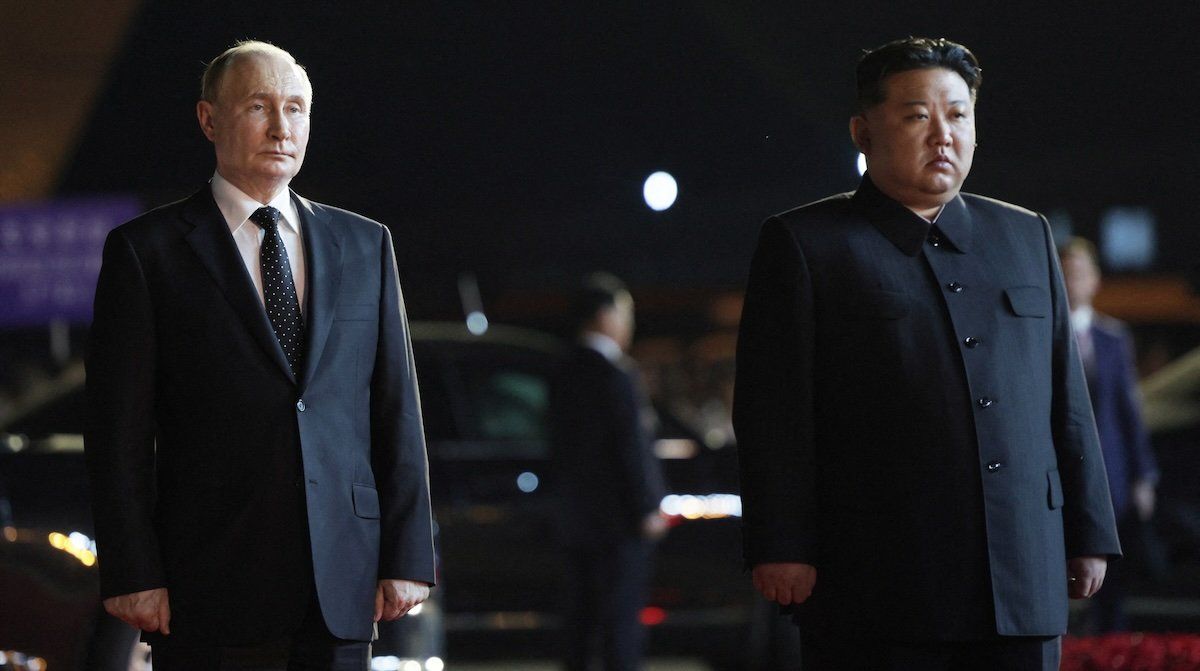Soldiers sent by Pyongyang have moved into Russia’s Kursk region, an area along the Russia-Ukraine border where Ukrainian forces staged a surprise incursion in August, according to Ukrainian intelligence.
Kyiv says that roughly 12,000 North Korean troops are in Russia, a far greater number than reported by the US, though it remains unclear precisely how many have entered what Ukraine referred to as the “combat zone.” Ukraine, its Western allies, and South Korea have all expressed concerns that North Korean troops will begin fighting alongside Russian forces.
As Pyongyang and Moscow bolster ties, Seoul is worried Russia could reward North Korea – which has supplied ballistic missiles and ammunition rounds to Russia for its war in Ukraine – with advanced weapons and technology that could threaten South Korea’s national security. In response, the South Korean government has warned that it could provide Kyiv with arms.
Though Russia pushed back on previous reports of North Korean troops within its borders, Russian President Vladimir Putin on Thursday didn’t deny their presence.
We’ll be watching to see if North Korean troops engage Ukrainian forces in the days ahead.
